SKOCH Ranking: PM Modi puts all states at supersonic speed


Send us your feedback to audioarticles@vaarta.com


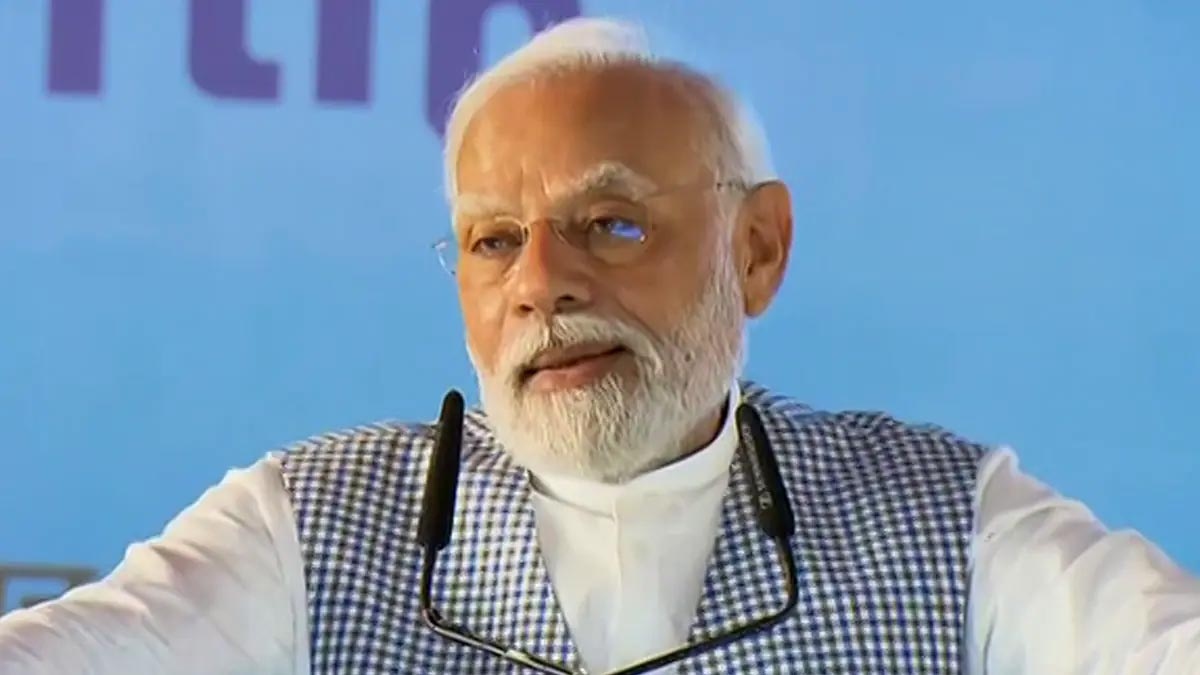
The Modi years have been marked by a concerted effort towards inclusive growth, with a key focus on ensuring that no state is left behind. From 2014 to 2023, the government has implemented a range of policies and initiatives aimed at fostering development across all regions of the country.
One of the flagship programs launched during this period is the Pradhan Mantri Jan Dhan Yojana, which has helped in expanding financial inclusion by providing access to banking services for millions of people, especially in rural and remote areas. Similarly, the Swachh Bharat Abhiyan has been instrumental in promoting cleanliness and sanitation, leading to significant improvements in public health and hygiene.
The implementation of the Goods and Services Tax (GST) has been another milestone, simplifying the tax structure and promoting ease of doing business across states. Additionally, initiatives like Make in India, Digital India, and Skill India have been pivotal in promoting economic growth and creating employment opportunities in all parts of the country.
The government has also focused on infrastructure development, with projects like Bharatmala, Sagarmala, and the development of smart cities, aimed at improving connectivity and quality of life across states. Furthermore, schemes like Ayushman Bharat have been instrumental in providing affordable healthcare to millions of people, irrespective of their location.
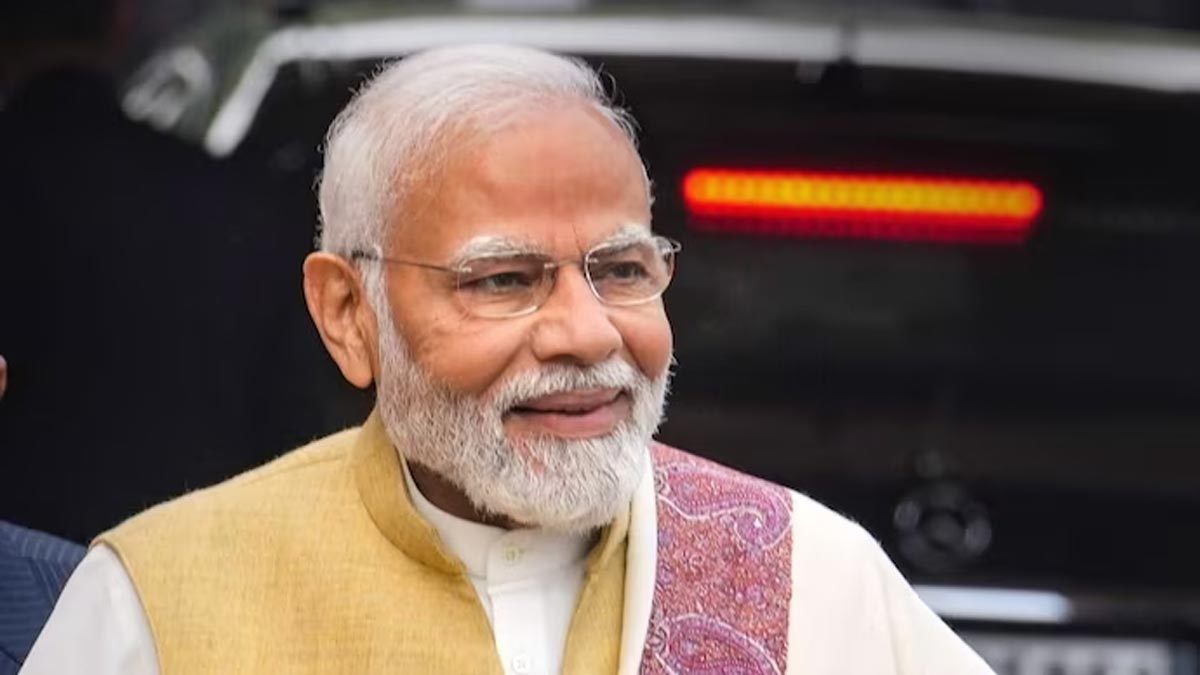
Overall, the Modi years have been marked by a strong emphasis on inclusive growth, with policies and initiatives aimed at ensuring that every state and every citizen benefits from the country's progress.
India's aspiration to become a developed economy by 2047 with a GDP of $30 trillion is accompanied by a focus on inclusive growth. Inclusive growth is defined as development that is spatially dispersed, job-generative, equitable, and sustainable.
Spatial Dispersal:
Contrary to the perception that economic growth is concentrated in certain regions, data shows that all states in India have experienced growth between 2014 and 2023. Madhya Pradesh, Sikkim, and Telangana have witnessed the highest growth, while Jharkhand and Kerala have lagged behind.
Financial Deepening:
Financial deepening, including increased access to credit, is crucial for inclusive growth. India's Financial Deepening Index score has risen from 19.71 in 2013-14 to 31.85 in 2021-22. Credit outreach gaps have also narrowed, with 28 districts facing critical gaps in 2022 compared to 255 in 2005.
Equity:
Measuring poverty is complex, but the Multidimensional Poverty Index (MPI) provides insights. SKOCH analysis shows a reduction in MPI between 2015-16 and 2019-21, with Bihar witnessing the most significant improvement. There is a negative correlation between NSDP growth and MPI reduction, indicating that economic growth has not always translated into poverty reduction.
Job Generation:
The formation of Self-Help Groups (SHGs) is a proxy indicator for job creation. The number of SHGs has increased from 5.61 crore in 2018-19 to 9.16 crore in February 2024, with each SHG supporting 10-20 livelihoods. The Pradhan Mantri Mudra Yojana (PMMY) has also generated approximately 1.7 crore jobs between 2015 and 2017.
Social Sector Expenditure:
Social sector expenditure has increased significantly, with Telangana, Manipur, and Jammu & Kashmir achieving the highest CAGR between 2014 and 2023. However, it is essential to measure the outcomes of this expenditure, which SKOCH's Social Inclusion Index does using primary data from project-level studies.
SKOCH's Role:
SKOCH surveys and studies provide primary data-based insights into the quality of growth. Their Social Inclusion Index, based on 4,679 project-level studies, captures social sector outcomes and governance. This data is valuable in assessing the inclusiveness of economic growth.
Conclusion:
India has made significant progress in inclusive growth under the Modi government. All states have witnessed economic growth, financial deepening has improved, and poverty reduction has been achieved, albeit with mixed results in terms of job creation and social sector outcomes. SKOCH's data and analysis provide valuable insights into these complexities, highlighting the need for continued efforts to ensure that growth is inclusive and benefits all segments of society.
Follow us on Google News and stay updated with the latest!
Comments
- logoutLogout

-

Devan Karthik
Contact at support@indiaglitz.com




 Follow
Follow








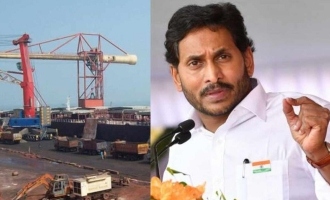


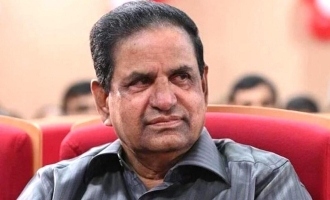
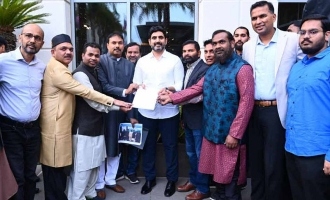
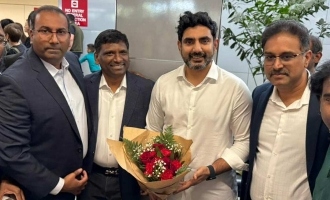
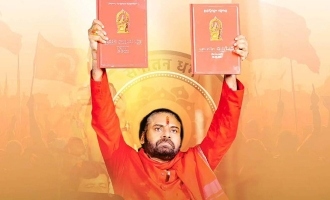





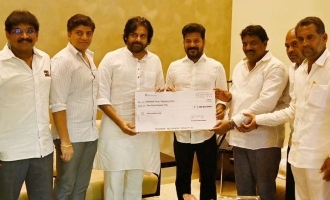


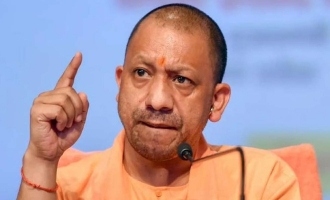
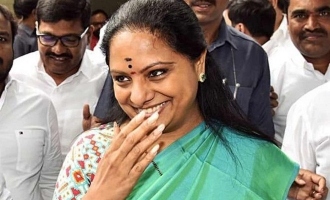

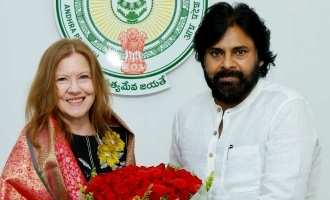
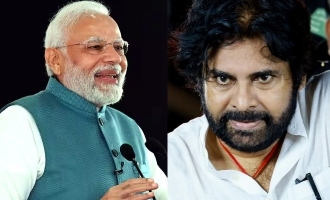
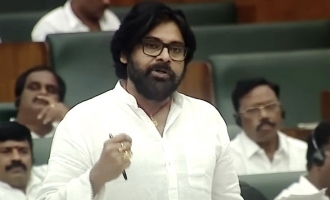
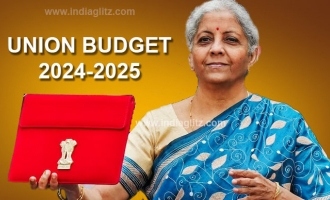










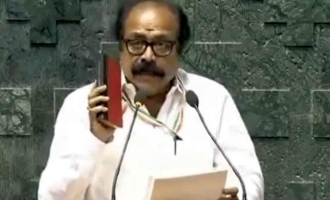

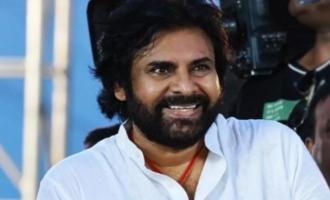
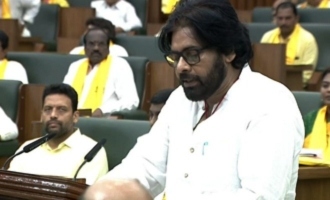

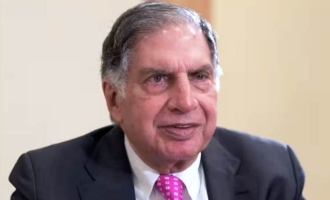

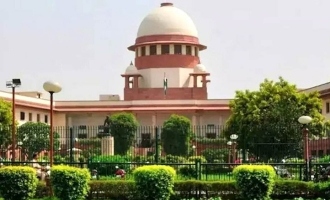
-a3e.jpg)
-3c4.jpg)
-e5c.jpg)
-e66.jpg)
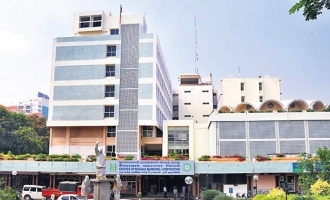
-71b.jpg)








